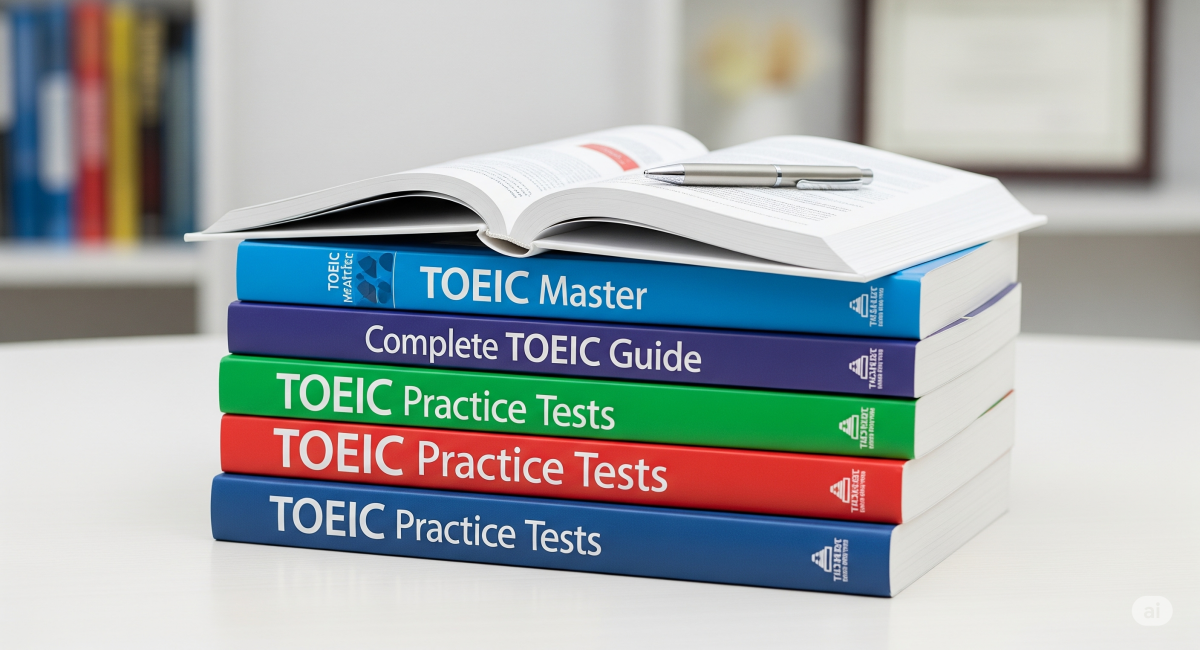
If you want to work at a top consulting firm, you know that strong English skills are essential. Many professionals study for exams like the TOEIC to prove their abilities. The TOEIC is an excellent way to show you have a good foundation in English. But when you are in a real consulting job, the English you use is very different from what you find on a test.
So, what is the difference between TOEIC English and the English you need to succeed in consulting?
What TOEIC English Measures
The TOEIC exam is designed to test your general English skills in a business environment. It checks your ability to:
- Understand grammar: Do you know the rules of the language?
- Use vocabulary: Do you know a wide range of business words?
- Listen and comprehend: Can you understand conversations and spoken information from emails or meetings?
- Read and respond: Can you read a business document and answer questions about it?
Think of TOEIC English as the basics—the rules of the game. It is a necessary first step, and a good score proves that you have a solid foundation.
What Consulting English Requires
Consulting English goes beyond the test. It is not just about being correct; it is about being effective. A consultant’s job is to solve complex problems and communicate those solutions to clients. This requires a different set of skills:
- Clarity and persuasion: Your goal is to make your ideas clear and convincing. You must explain a difficult topic in a way that anyone can understand. It’s not just about saying something, but about persuading the client to trust your advice.
- Structured communication: Consultants organize their thoughts logically. Whether you are speaking or writing, your message must follow a clear structure. This means you start with the main point and then provide evidence. This kind of organized thinking is a key skill.
- Active listening: In a real meeting, you need to do more than just understand the words. You must listen carefully to understand the client's true needs, concerns, and questions. This helps you build trust and makes your advice more helpful.
- Adapting to your audience: A consultant talks to many different people, from managers to CEOs. You must be able to change your language and tone to fit your audience. Sometimes you need to be very simple, and other times you need to be more technical.
Summary: The Key Differences
|
TOEIC English |
Consulting English |
|---|---|
| FOCUSES ON: Accuracy (grammar, vocabulary) | FOCUSES ON: Effectiveness (clarity, persuasion) |
| GOAL: Demonstrate a specific level of English proficiency | GOAL: Get your point across and build trust |
| CONTEXT: General business scenarios | CONTEXT: Specific client problems |
| SKILL: Understanding and recalling information | SKILL: Active listening and strategic thinking |
In conclusion, a strong TOEIC score is a fantastic starting point. It shows you have the necessary tools. However, to truly succeed in consulting, you need to go beyond the test. You must practice using English to build relationships, persuade people, and simplify complex ideas. Focus on being a clear, confident, and strategic communicator. That is the real language of consulting.